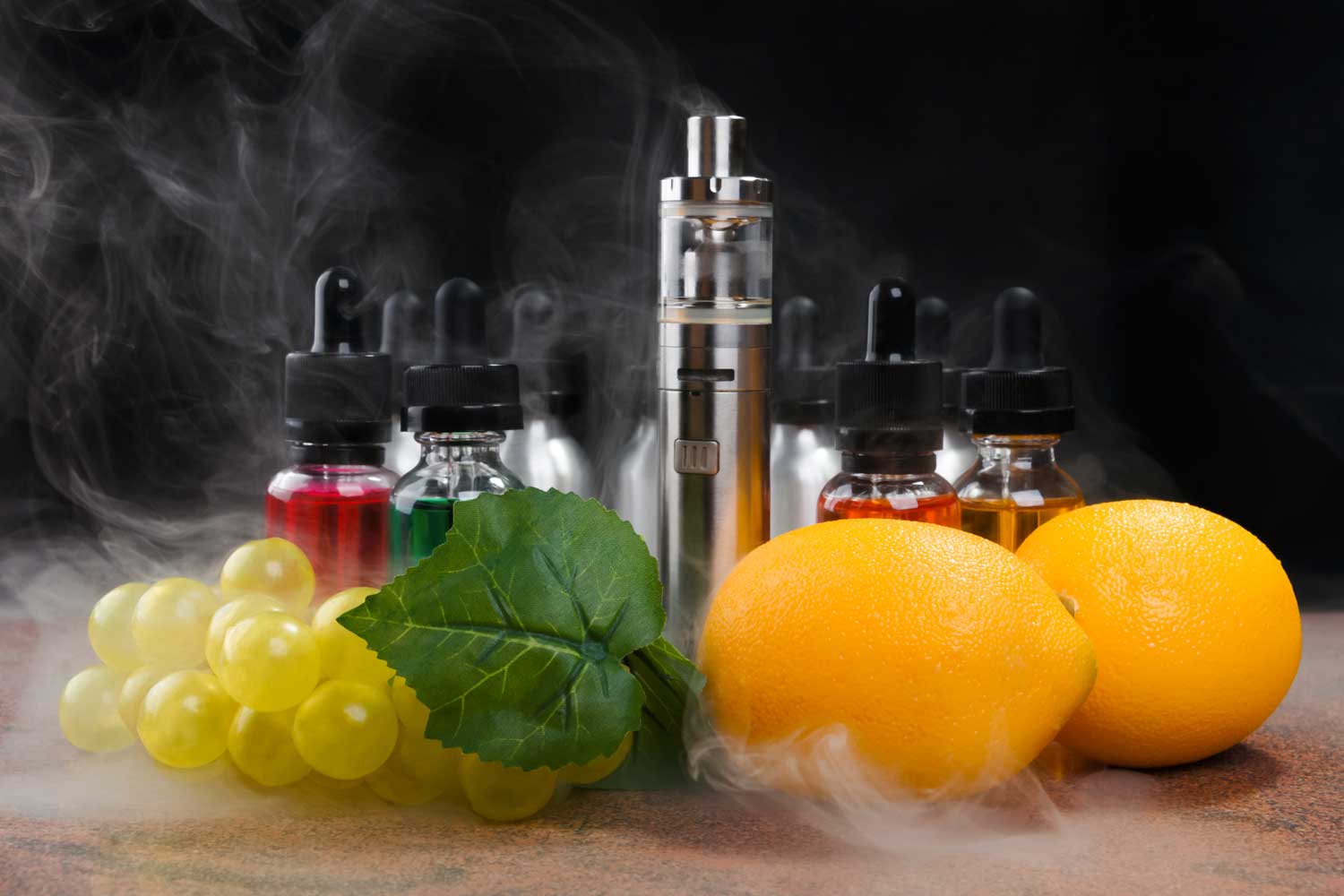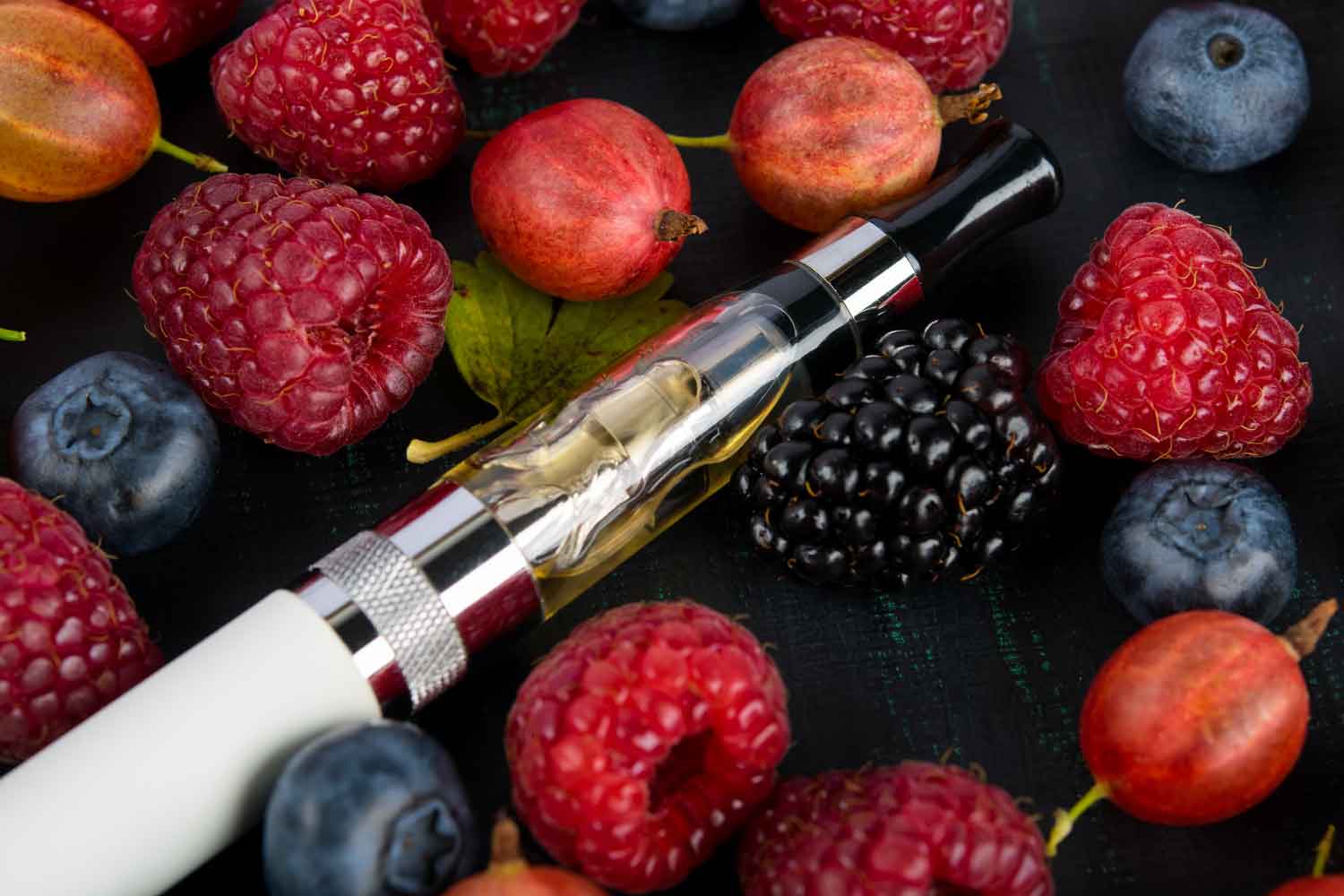
Three months after a court-ordered deadline for the U.S. Food and Drug Administration to decide what e-cigarette products can stay on the market, FDA delays have left e-cigarettes in kid-friendly flavors widely available across the country, according to a new report released by the Campaign for Tobacco-Free Kids (CTFK).
Under a federal court order, e-cigarette manufacturers were required to submit marketing applications to the FDA by Sept. 9, 2020, and products that were the subject of timely applications were allowed to stay on the market for up to one year while the FDA reviewed the applications, a period that expired Sept. 9, 2021. The CTFK and other public health groups have urged the FDA to deny marketing applications for all flavored e-cigarettes because of “the clear evidence that flavored products have fueled an epidemic of youth e-cigarette use and nicotine addiction.”
The FDA has denied marketing applications for more than 1 million flavored e-cigarette products. However, the FDA has yet to issue decisions about the e-cigarette brands that have the largest market share or are most popular with kids, such as Juul, most Vuse products, NJOY, Blu, Smok and Suorin.
The FDA is also considering whether to authorize any menthol-flavored e-cigarettes despite the popularity of menthol products with kids, according to the CTFK.
In addition, more than 40 e-cigarette companies have filed lawsuits challenging the FDA’s marketing denial orders, and other companies—including Puff Bar, the flavored disposable e-cigarette that is now the most popular brand among kids—have started using synthetic nicotine because that substance is currently not regulated by the agency.
To assess the impact of the FDA’s actions to date on the availability of flavored e-cigarettes, the CTFK scanned five top online e-cigarette retailers and 43 brick-and-mortar stores in eight cities across the U.S. The group notes that the scan provides a snapshot of the current e-cigarette market and is not intended to be a representative sample of stores nationwide or online.
Key findings include that kid-friendly flavored e-cigarettes and nicotine e-liquids are still widely available; that the bestselling e-cigarette brands remain available for purchase; and that the most popular e-cigarette brands among youth are still available in flavors that appeal to youth, according to the CTFK.
The group has called on the FDA to act quickly on all remaining e-cigarette applications and deny authorization to all flavored e-cigarettes, including menthol-flavored products.

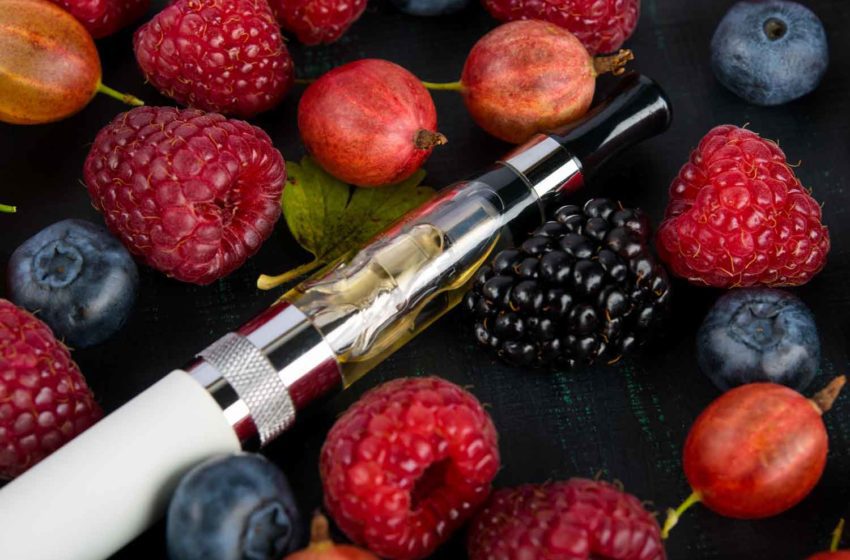




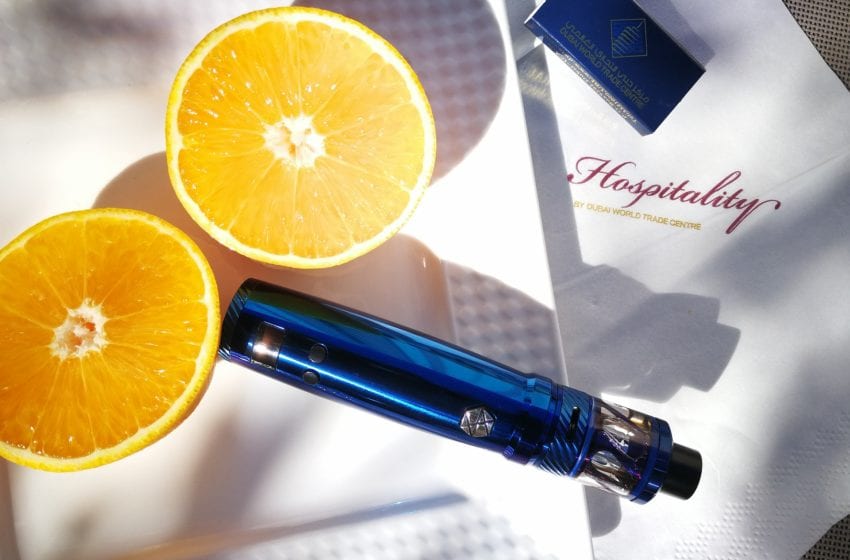



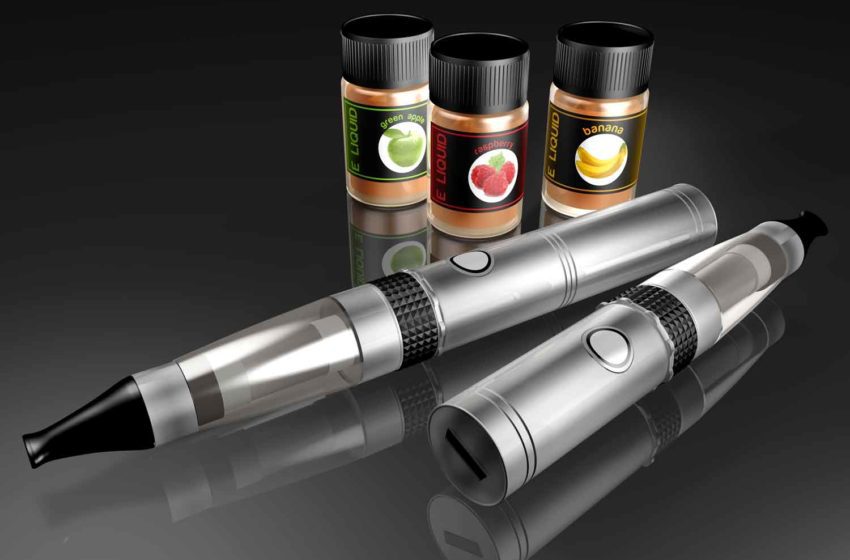
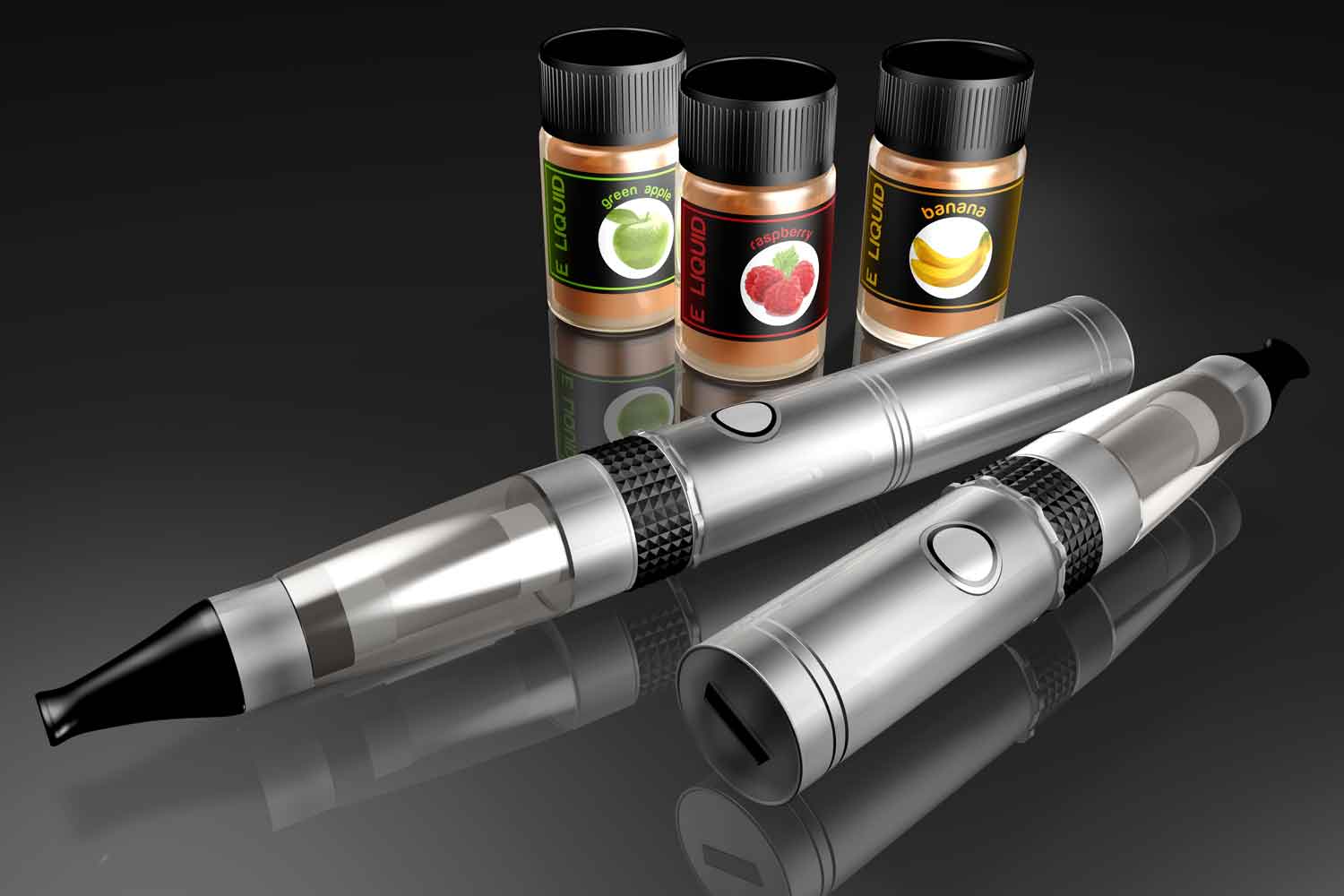
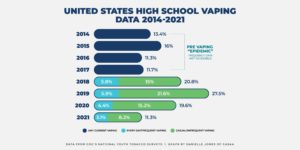



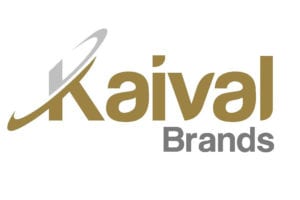 Bidi Vapor will continue to manufacture and market its Artic (menthol) Bidi Stick in the United States despite receiving a marketing denial order (MDO) for the product, according to a
Bidi Vapor will continue to manufacture and market its Artic (menthol) Bidi Stick in the United States despite receiving a marketing denial order (MDO) for the product, according to a 
